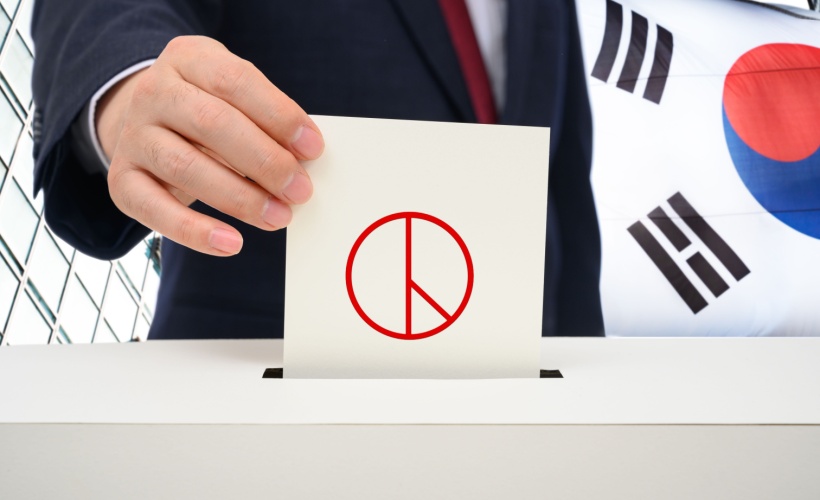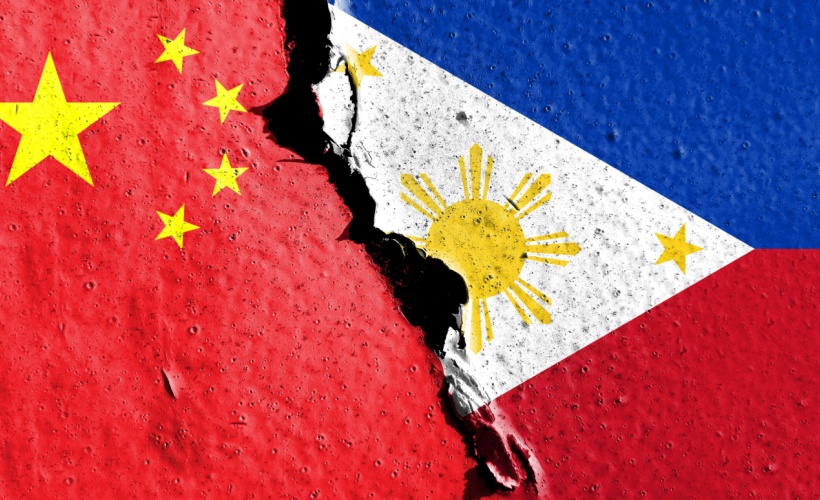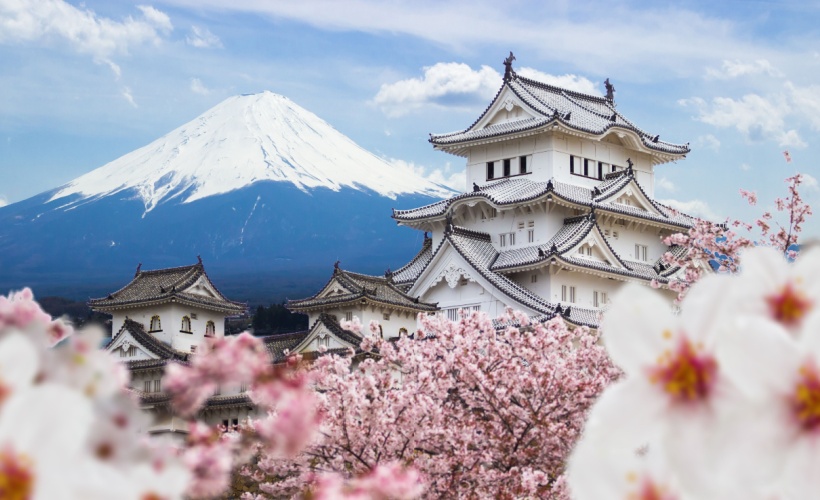By Naosuke Mukoyama, Centre Affiliate
On 14 February, a group of Mauritian officials and former residents of Chagos Islands, an archipelago in the Indian Ocean, landed on one of the atolls of the archipelago. Although it was officially a ‘scientific survey,’ the delegation raised the flag of Mauritius to press their claim of sovereignty over the islands, thereby challenging the United Kingdom’s control. Chagos Islands had been part of the Crown Colony of Mauritius until 1965 when the British separated them from the rest of the colony to form British Indian Ocean Territory. Even after Mauritius became independent in 1968, the archipelago remained under British rule, and local residents were evicted and deported to Mauritius and Seychelles from the late 1960s to the early 1970s.
The Mauritian government has been criticizing the British control of the islands and claiming sovereignty over them for decades. There has also been mounting international criticism of continued British rule. In 2019, the International Court of Justice ruled against the UK and stated that it should return Chagos Islands to Mauritius, which was also supported by the United Nations General Assembly. However, as the rulings are non-binding, the UK government has so far shown no sign of change in its position.
What keeps the UK from ceding the islands to Mauritius are its geopolitical concerns. The British leased Diego Garcia, the largest island of the archipelago, to the United States so that the latter could build a military base there. The US. Navy Support Facility Diego Garcia has played a pivotal role in military operations during the Gulf War, the Afghanistan War, and the Iraq War. The U.S. also sees the base as essential for maintaining delicate military balance in the Indo-Pacific region in the face of the rise of China and intensifying disputes in the South China Sea, and for securing the stable supply of oil from the Persian Gulf. The response of the British government regarding the Chagos Archipelago, therefore, is that it will return it to Mauritius when “it is no longer required for defence purposes,” although there is no clear indication of when it might be possible to return it.
When thinking about geopolitical conditions surrounding Chagos Islands, it is worth noting that continued territorial disputes over the archipelago could provide UK’s rivals with an opportunity to undermine its international standing and reputation. There is a precedent in this regard: Falkland Islands. Similar to its counterpart in the Indian Ocean, this archipelago in the South Atlantic Ocean has been a subject of contestation, this time between the UK and Argentina. Although Argentina failed to seize the islands with force in 1982, it has by no means given up its claim. It should be noted that in contrast to the situation in Chagos Islands, the majority of residents of the Falklands prefer to remain under British rule.
What is new about this decade-long territorial dispute is the involvement of a third party: China. Earlier this month, China’s President Xi Jinping met with the Argentinian president, Alberto Fernández. In addition to Argentina’s participation in China’s Belt and Road Initiative, the meeting confirmed Xi’s support for Argentinian sovereignty over the Falkland Islands and Fernandez’s support for China’s claim over Taiwan. It is not a coincidence that this happened against the backdrop of the UK’s criticism of China’s policies on Hong Kong or Xinjiang, and more recently, the UK’s diplomatic boycott of the Beijing Olympics. In retaliation, China did not miss the opportunity to take advantage of the UK’s sensitive diplomatic issue of the Falkland Islands. Considering this, it would not be wild speculation to expect something similar for Chagos Islands as well. There is plenty of room for criticism of the UK’s colonialism or hypocrisy regarding its respect for international law. After all, one’s sovereignty disputes are someone else’s political gain.
To put it in a broader context, we are in no shortage of what is called residual colonialism in the 21st century. There are still 17 Non-Self-Governing Territories (i.e. territories that have not fully achieved self-determination) designated by the UN, including Gibraltar (ruled by the UK), American Samoa (U.S.), New Caledonia (France), and Tokelau (New Zealand), among others. Many other ‘overseas territories’ not on this list are also under the rule of former imperial powers whose homeland is thousands of kilometers away. Some have been struggling to achieve independence or autonomy without success, while others have rejected independence in referenda like in the case of Bermuda (1995), Curaçao (2005), and Niue (1974 and 1999), to name a few. Some of these territories are claimed by neighboring states (e.g., Spanish enclaves of Ceuta and Melilla in North Africa), while others are not but could be in the future. They all have their own historical, political, economic, and social reasons for not becoming independent, but it may not necessarily be a permanent equilibrium. Even if there is seemingly an uncontested status quo now, these remnants of empires will continue to be potential sources of international disputes because of the complicated nature of decolonization, sovereignty, and self-determination as well as the possibility of third-party involvement.







